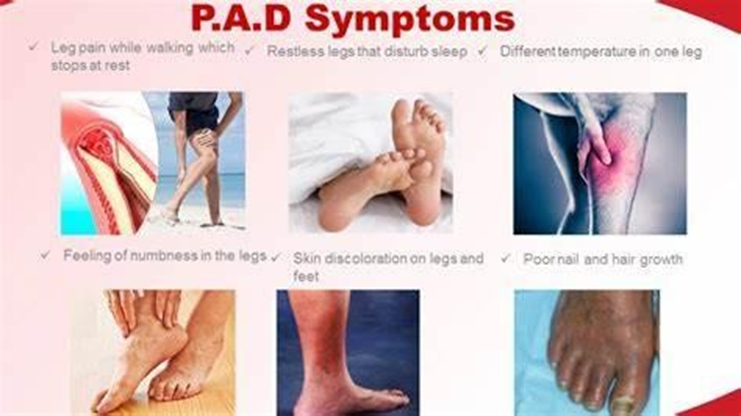Patient Data
For each medication used to treat gout, choose the most likely therapeutic outcome and the teaching associated with the medication.
Colchicine
Naproxen
Prednisone
Allopurinol
The Correct Answer is {"A":{"answers":"A, E"},"B":{"answers":"C, E"},"C":{"answers":"C, E"},"D":{"answers":"D, G"}}
Colchicine is used in severe acute gout attack to minimize pain at the joint. Colchicine's mechanism of action involves interfering with the inflammatory process by binding to tubulin, a protein essential for the formation of microtubules within cells.
Prednisone is a corticosteroid with anti-inflammatory properties. It reduces inflammation caused by urate crystals.
Naproxen is a nonsteroidal anti-inflammatory drug (NSAID). It interferes with the inflammatory process in gout reducing pain. The use of naproxen and prednisone with alcohol reduces their effectiveness leading to suboptimal pain relief.
Allopurinol is a lipid lowering agent. It prevents the formation of uric acid lowering the deposition of urate crystals at the joint(s). Missing a dose of allopurinol leads to subtherapeutic blood levels and increased risk of acute gout attacks.
Nursing Test Bank
Naxlex Comprehensive Predictor Exams
Related Questions
Correct Answer is A
Explanation
A. Compromised peripheral arterial circulation can lead to decreased blood flow to the extremities, resulting in poor tissue perfusion. Over time, this can cause changes in the skin and hair distribution. Uneven hair distribution, or sparse hair growth, is a characteristic finding in areas of reduced arterial circulation due to inadequate oxygen and nutrient delivery to the hair follicles.

B. Lower leg edema is more commonly associated with compromised venous circulation rather than arterial circulation. It occurs due to impaired venous return, leading to fluid accumulation in the tissues.
C. Bronze pigmentation of the skin is not typically associated with compromised peripheral arterial circulation. Bronze pigmentation can occur in conditions such as hemochromatosis or Addison's disease but is not a specific sign of peripheral arterial disease.
D. In peripheral arterial disease, peripheral pulses may be diminished or absent due to arterial narrowing or occlusion. Bounding peripheral pulses are more commonly associated with conditions such as arterial hypertension.
Correct Answer is ["A","B","G"]
Explanation
A. Shrimpisknown to be high in purines and is generally not recommended for a gout-friendly diet
B. Sardines are high in purines, which can increase uric acid levels in the body and contribute to gout flare-ups. Foods high in purines should generally be limited in the diet of someone with gout.
G. Liver is very high in purines and can significantly elevate uric acid levels. Consumption of liver and other organ meats should be minimized or avoided by individuals with gout to help prevent gout attacks.
Other foods are low in purine and hence not contraindicated in clients with gouty arthritis.
Whether you are a student looking to ace your exams or a practicing nurse seeking to enhance your expertise , our nursing education contents will empower you with the confidence and competence to make a difference in the lives of patients and become a respected leader in the healthcare field.
Visit Naxlex, invest in your future and unlock endless possibilities with our unparalleled nursing education contents today
Report Wrong Answer on the Current Question
Do you disagree with the answer? If yes, what is your expected answer? Explain.
Kindly be descriptive with the issue you are facing.
